The car is going nowhere. It’s obsolete; impractical, inefficient and outmoded in a modern, connected world. Or at least that’s what we’re told as the flourishing driverless car industry advances ever more quickly towards the live phase.
People are excited by that and they’re right to be too, as the fact that truly autonomous vehicles could be widely available in just a few short years represents possibly the most significant paradigm shift in the way we work, travel and socialise in over a century. Since the invention of the motor car itself, in fact.
But with all that coverage and enthusiasm comes plenty of speculation and assumption that the car as we know it will soon become outmoded and obsolete; that vehicle ownership and the concept of piloting your own car or van will be quickly relegated to the annals of history.
Naturally, that all sounds a bit sudden and a bit scary. The trouble is that in their excitement, many publications, companies and tech fans ignore the fact that there’s a great many people out there who still really, really love their cars.
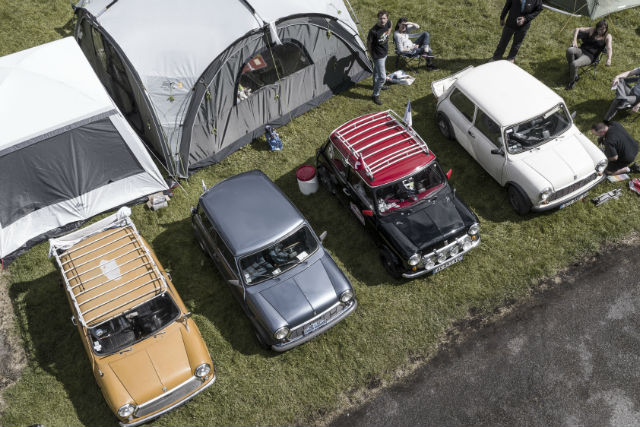
That’s not to diminish the importance of driverless cars; it’s hard to think of a single technology that will shape our world and raise living standards in the next half-century than artificial intelligence. Still, you can rest assured that there’s no robo-car coming to delete the joy from the roads like a Word document tossed into the recycle bin.
I spent the past weekend in Westport, Co. Mayo at the International MINI Meeting, an annual get-together which sees MINI owners travel from as far as Finland, Poland, Austria and even further afield for a weekend of MINI appreciation, socialising and a fair amount of boozing thrown in for good measure.
Already I’m betting you have a specific picture in your head of what such an event would look like, but I can tell you that the demography of these die-hard MINI fans is much more varied than you might initially expect.
Most surprising of all, perhaps, isn’t just how many young people are in attendance, but just how many of these younger attendees are the proud owners of cars often three times their age or more. Are they hipsters or some new breed of neo-Luddite? Not half. They have iPhones and I’m sure they read Buzzfeed articles like every other millennial, they just happen to really dig their cars.
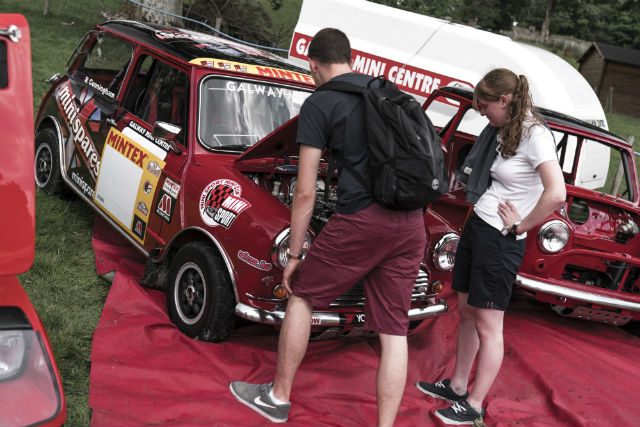
Speaking to a few of the owners, including one chap nursing a hangover while polishing a pristine 1964 to a concours-worthy sheen in the middle of a muddy field, the overwhelming sense I got is that they do it because they love it. People will always want something tangible – the comparison to the resurgence of vinyl records is something which crops up again and again in conversation – but also simple.
Which brings me neatly onto my next point, the Nokia 3310. Modern smartphones are incredible pieces of technology and engineering, with the ability to stuff more computing power than Apollo 11 into your pocket. You can use it to instantly message anyone anywhere on earth, control the temperature and light in your home and even use it to monitor your health and diagnose illnesses.
Yet the phone that people are most excited about this year? A humble Nokia. It’s proof that despite the huge upsurge in modern and connected technologies, there are plenty of people who want to be able to choose to disconnect. Maybe not all the time and maybe not for everything, but the desire to get back to something real – something tangible – is strong.
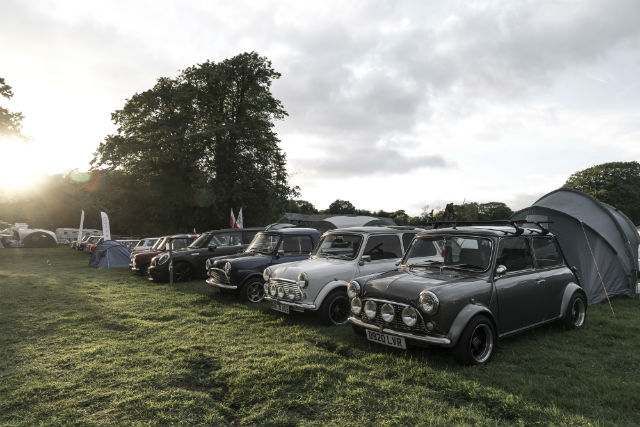
That’s exactly what the car is, and it will likely exist for a long time because while it’s true that not everybody is a hardcore car nut, the average person does quite like to drive. They like the independence, the ability to explore, to do things for themselves.
I’ve never met anyone in my life who doesn’t take joy in doing simple things for themselves, and likely never will. People still cook despite the fact that the microwave has been around for 71 years. You can buy a robot that can till soil, plant and nurture seeds, and yet people like to do gardening. Autonomous cars will be available, but people will still want to drive.
Of course, that lends itself to the notion that cars will survive only on an enthusiast basis; that they’ll become the sole custody of the few who are really, really into it. It’s hard not to argue that meets like the International MINI Meeting consist of only the most hardcore of fans, and that is largely true.
But those dedicated MINI fans are only a small brushstroke in a much larger picture. All over the world there are all sorts of groups for fans of all sorts of cars: manufacturer and model meets, the numerous Cars & Coffee organisations sprouting up around the world and various exciting new motorsports like rallycross and formula drift to enrapture new generations of car fanboys and fangirls.
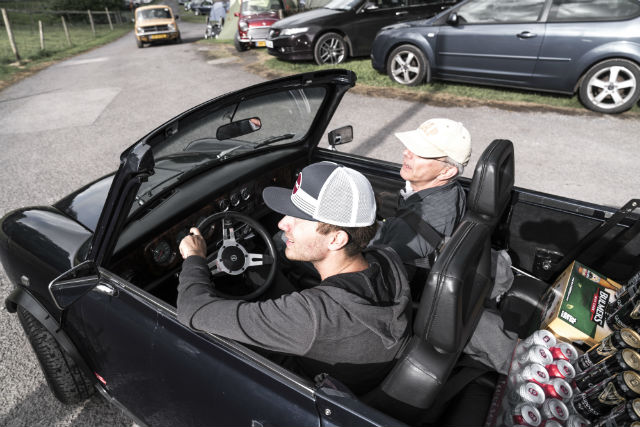
Often, the future of the car is compared to that of horse riding. It used to be that the few owned cars and the many relied on horses. Now, it’s the other way around and while virtually everyone has used a car at some stage in their lives, equestrianism is a pursuit of the dedicated few.
I’m not entirely sure that’s correct. Instead, it’s probably more accurate to compare it to cycling. On the surface, why would anyone want to cycle? A car is quicker, it shields you from the elements and is much safer than a bicycle, while you can listen to the radio and the only necessary physical exertion is turning the steering wheel.
On the same coin, it’s argued that nobody in the future will own or drive a car of their own because they can simply hail an autonomous pod to come and pick them up instead.
Yet people still love the bicycle; a technology which predates the automobile by nearly seventy years. Not bad for something that, if you’d believe all the technophiles, should be rendered obsolete in just about every single way.
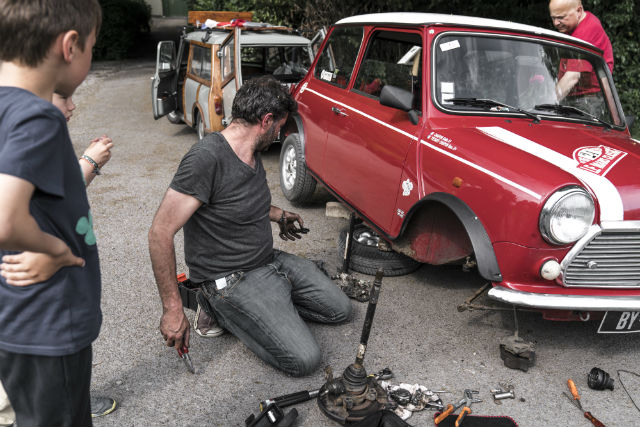
Some cycle for commuting, others simply do it recreationally because they enjoy it. Cycling as a sport is huge, while the industry is gargantuan – the global bicycle market is expected to reach $59.9 billion by 2021.
So, don’t worry about the future of the car, because it’s going nowhere. People enjoy owning them, enjoy driving them and the evidence is there that they will be continued to be enjoyed for a long, long time.
Get out there and drive, explore and appreciate the world and the roads for the sheer joy of it. Buy cars, talk about cars, break cars, fix cars and enjoy cars. Rest assured there’s no cold, mechanical and unfeeling driverless pod waiting around the corner to snatch the key fob from your fleshy fists.
Like I was saying, the car is going nowhere.



